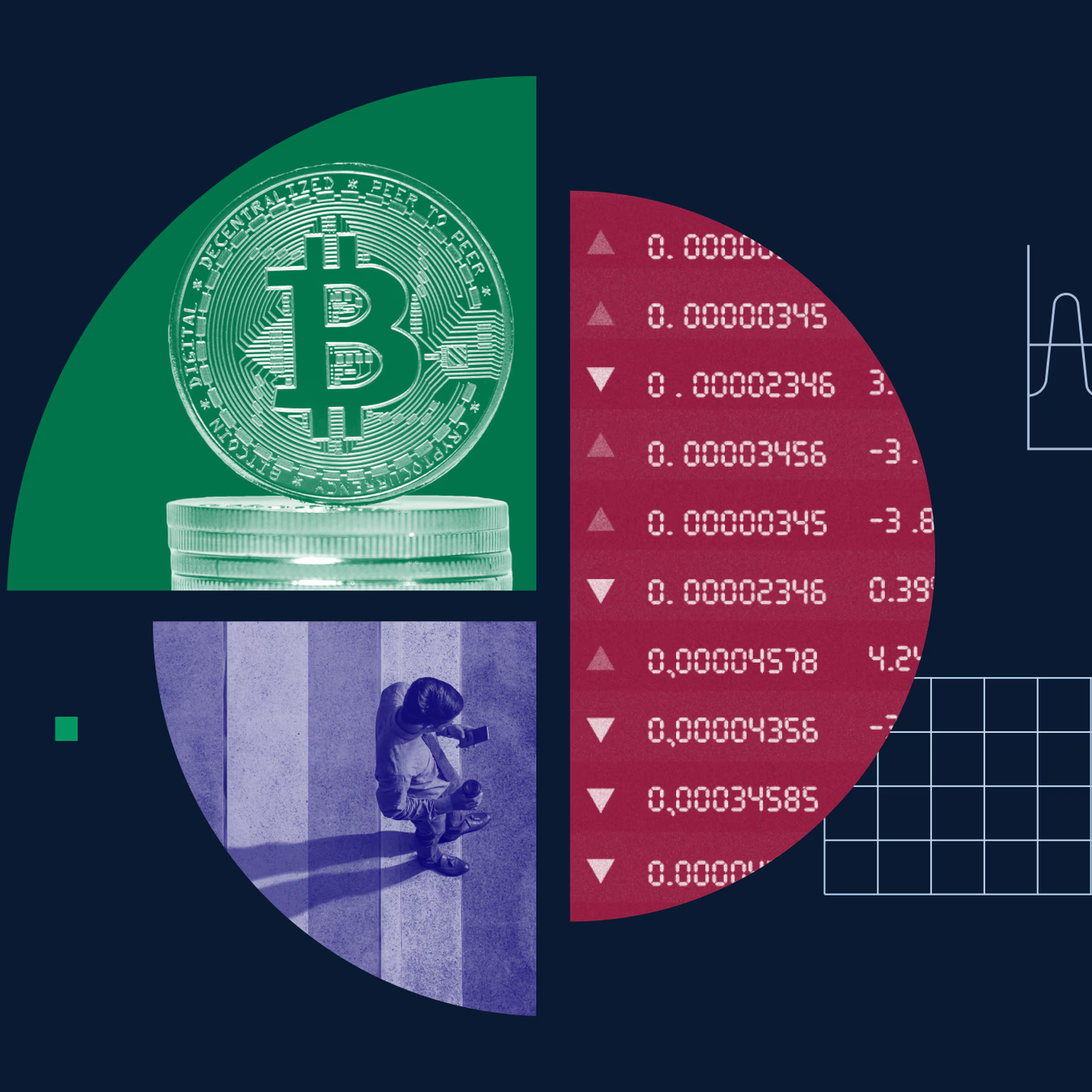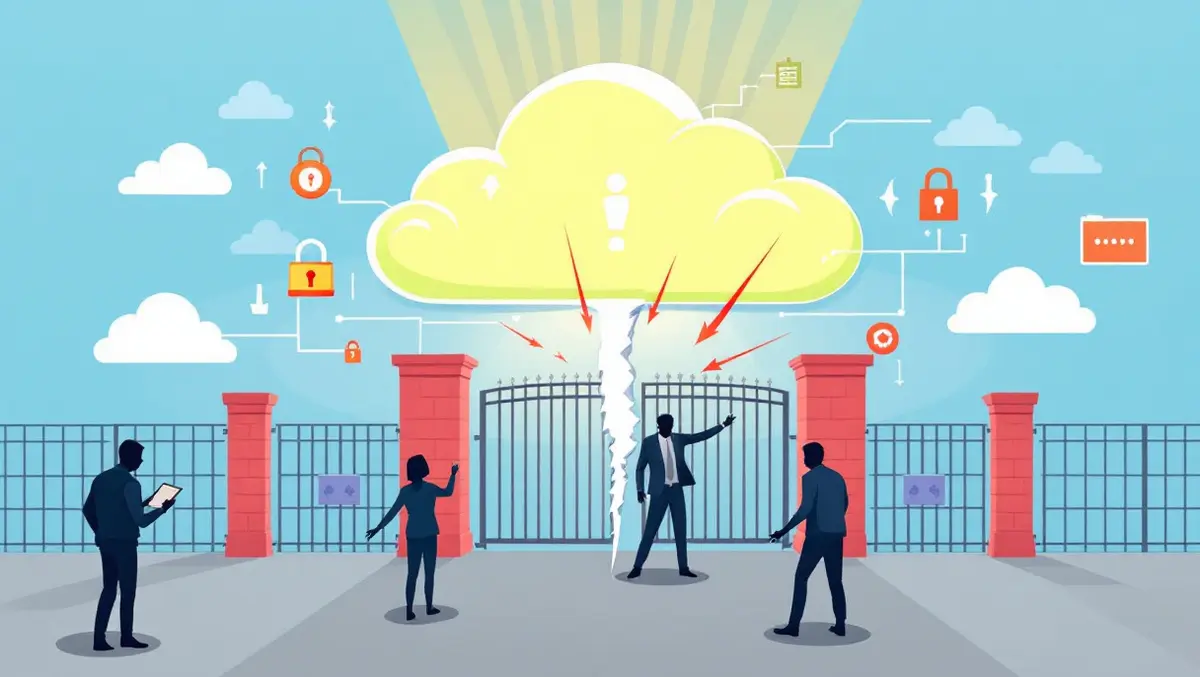Tenable reveals privilege risk in Google Cloud Composer flaw
Tenable Research has disclosed
details of a privilege escalation vulnerability in Google Cloud Composer that
could have enabled attackers to gain unauthorised access to critical cloud
resources.
The vulnerability, referred to as
ConfusedComposer, was found to affect Google Cloud Composer environments by
allowing users with limited permissions to exploit the integration between
Composer and Google Cloud Build, Google's continuous integration and delivery
service.
Tenable reported that attackers
possessing edit permissions in Cloud Composer could take advantage of
Composer's use of the default Cloud Build service account, which is configured
with broad privileges across Google Cloud Platform (GCP) services. By injecting
a malicious Python package during the installation process, attackers could
escalate their privileges and assume the identity of the Cloud Build service
account.
Once in control of this service
account, a threat actor would have access to several critical GCP resources,
including Cloud Build, Cloud Storage, and Artifact Registry. This access could
be used to steal data, inject malicious code into software build pipelines,
establish persistence through hidden backdoors, or escalate privileges further
to potentially take full control of a GCP project.
ConfusedComposer is described as
a variant of a previously discovered vulnerability known as ConfusedFunction,
illustrating how the interconnected nature of cloud services can contribute to
the development of new exploitation methods based on existing weaknesses.
Tenable used the term "Jenga
Concept" to describe this phenomenon, where security weaknesses in one
cloud service layer can cascade into others because of intertwined
dependencies.
"When you play the Jenga
game, removing one block can make the whole tower unstable," said Liv
Matan, Senior Security Researcher at Tenable. "Cloud services work the
same way. If one layer has risky default settings, then that risk can spread to
others, making security breaches more likely to happen."
The vulnerability has been
addressed by Google, and no further action is required from users to mitigate
the issue in existing environments. However, Tenable's findings highlight a
broader concern for organisations relying on cloud service ecosystems comprised
of stacked and interdependent services.
Tenable outlined specific impacts
that could result from exploitation of ConfusedComposer. Potential consequences
include theft of sensitive data, compromise of CI/CD pipelines, establishment
of persistent unauthorised access methods, and total takeover of affected
Google Cloud projects.
In terms of security best
practices, Tenable recommended that organisations enforce the principle of
least privilege to minimise unnecessary permission inheritance, map hidden
service dependencies using tools such as Jenganizer, and conduct regular log
reviews to identify suspicious access attempts.
"The discovery of
ConfusedComposer highlights the need for security teams to uncover hidden cloud
interactions and enforce strict privilege controls. As cloud environments
become more complex, it's crucial to identify and address risks before
attackers take advantage of them," added Matan.
The disclosure of
ConfusedComposer draws attention to the increasing complexity and
interconnectivity in cloud platform security, suggesting that teams must
proactively assess potential privilege escalation paths and inherited risks in
their cloud architectures.
































Leave A Comment